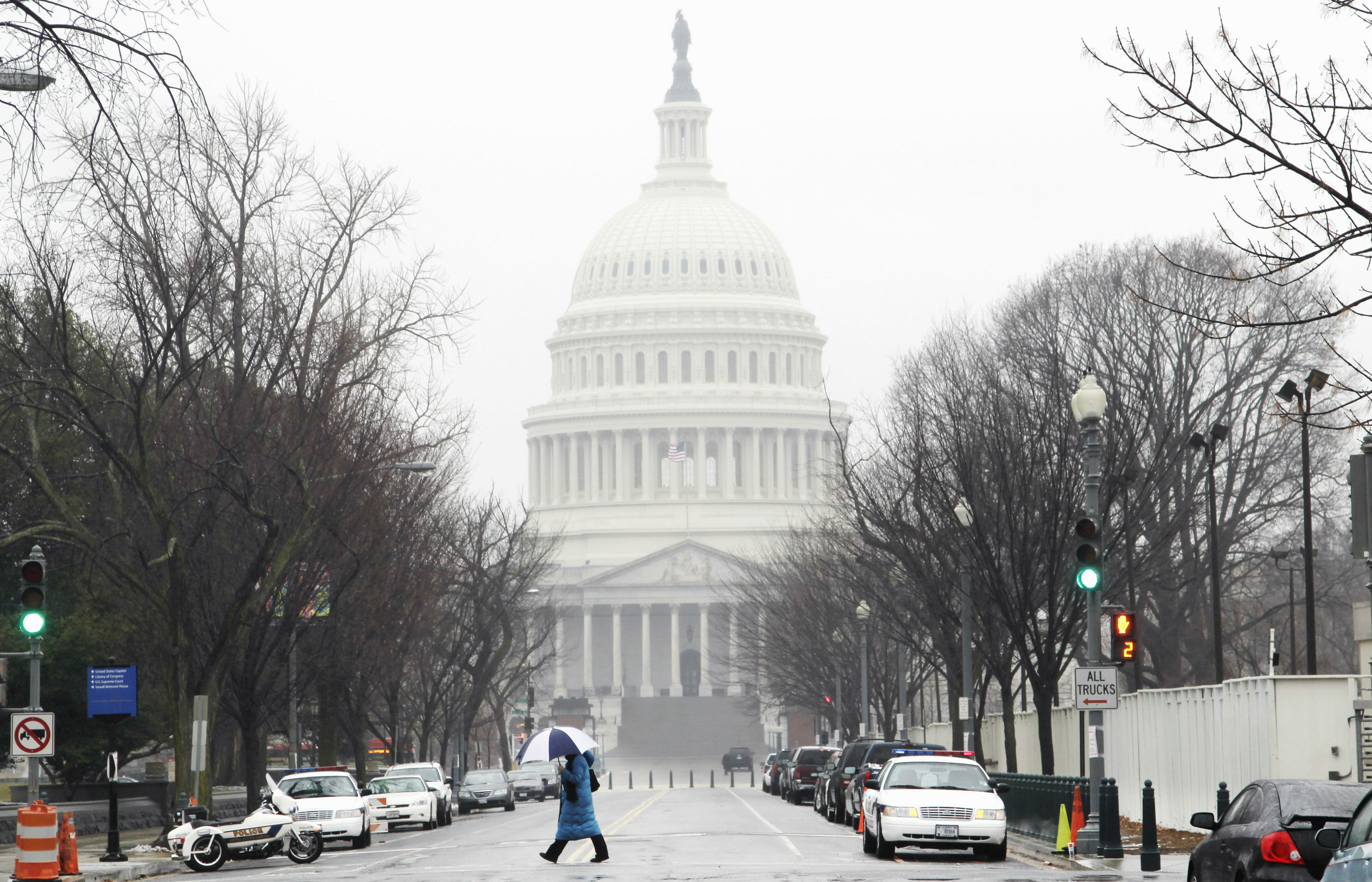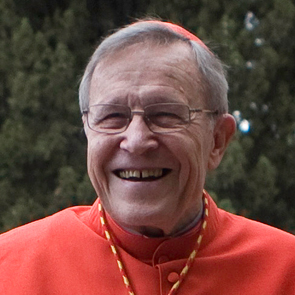The time has come to end the heated debate over the correct interpretation of Pope Francis’ Apostolic exhortation Amoris Laetitia and begin putting it into practice, Cardinal Walter Kasper, the former President of the Pontifical Council for Promoting Christian Unity, has emphasised.
In a long article in the November issue of the German theological monthly Stimmen der Zeit, Kasper rejects the allegations made by a number of conservative Catholics that Francis has broken with doctrinal tradition in Amoris Laetitia. The Pope has not departed “one iota” from Church teaching, he stresses, but has put it in a broader context.
Since Francis published his post-synodal document on the family in March this year, he has faced strong opposition from parts of the Church. Some more conservative wings say it confuses teaching on communion for the divorced and remarried.
In the exhortation, Francis has kept exactly to the Synod Fathers’ votes and has “the sensus fidelium of the large majority of the faithful on his side”, the Kasper says.
Amoris Laetitia, he argues, denotes a paradigm shift from a morality based on law to one based on virtue. Francis has distanced himself from St Augustine’s largely negative view of sexuality and turned to St Thomas Aquinas’ more comprehensive, positive view of creation.
While the Pope states that, in certain individual cases, a different pastoral approach to the one practised up to now may apply to couples in “irregular situations”, he at no point draws clear practical conclusions. The very fact that Francis leaves the question open is in itself a “doctrinal decision of great consequence”, the cardinal explains.
This new pastoral approach will require a great deal from bishops, priests and above all confessors, he adds. Considerable spiritual competence is required to oversee responsible decisions of conscience in order to receive the Sacraments of Reconciliation and the Eucharist. Priests will require adequate training during formation or in further training courses in order to prepare themselves for this new task. “The whole process of rethinking will take a long time to put into practice”, Kasper says.




 Loading ...
Loading ...